You Didn’t Inherit Soft Teeth
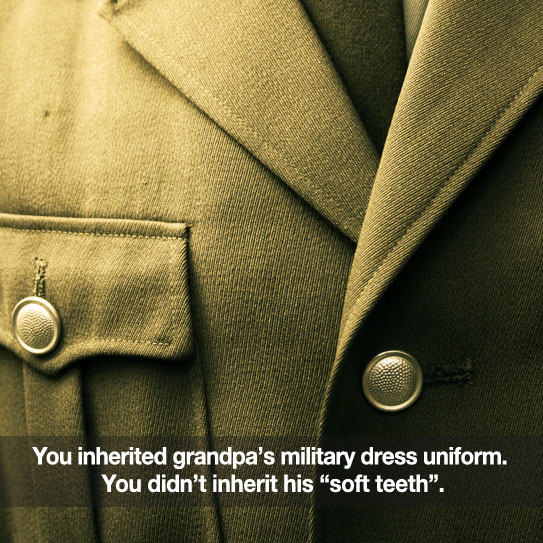
IT’S TRUE THAT EVERY ASPECT OF OUR HEALTH IS AFFECTED TO SOME DEGREE BY OUR GENES. And yes, some people just seem to be more predisposed to getting cavities. But it’s probably not a matter of “soft” versus “hard” teeth.
“I Do Everything Right And I Still Get Cavities”
Does this sound like you? If so, you’re the rare exception—and although it isn’t typical, we understand. That’s why it’s SO important that you pay particular attention to the basics.
You Probably ARE Inheriting Your Oral Bacteria
There’s good bacteria and bad bacteria. That unique mix, in your unique mouth, and how your mouth reacts to that mix may be what you’re really inheriting from grandpa. This video talks about oral bacteria mix or imbalance:
BY THE WAY… If you watched the video above, Josh says, “All you have to do is brush.” Hey Josh… We have one criticism of your video. You need to floss too! When you skip flossing, you’re missing up to 35% of your tooth’s surface area!
You May Have Inherited A Tendency Toward Dry Mouth
Are you a mouth breather? Was everyone who attended last summer’s family reunion a mouth breather too? Our saliva is a critical primary defense against tooth decay. Dry mouth may be a problem you need to be aware of and treat.
You May Be Inheriting A Few Eating Habits
Some of us emulate our parents when it comes to the way we eat. That may include a tendency to snack a lot, an affinity for soft drinks, etc., which may be detrimental to our dental health.
You’ve Probably Inherited An Oral Hygiene Mindset
How faithfully do you brush and floss? How consistently do you schedule regular dental checkups? Do you avoid (or even fear) dentists? How aware are you of the connection between your oral health and whole body health? Often, these things are priorities/attitudes passed by parents to children (consciously and sub-consciously).
We Can Help You Troubleshoot
As you know, we love talking about this stuff. So if you’re unsure why you’re more cavity prone than you should be, let’s visit. We can help figure it out and suggest solutions to keep your mouth healthy.

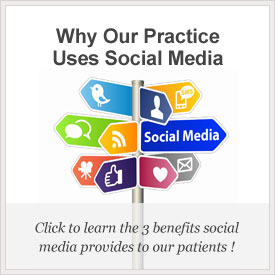









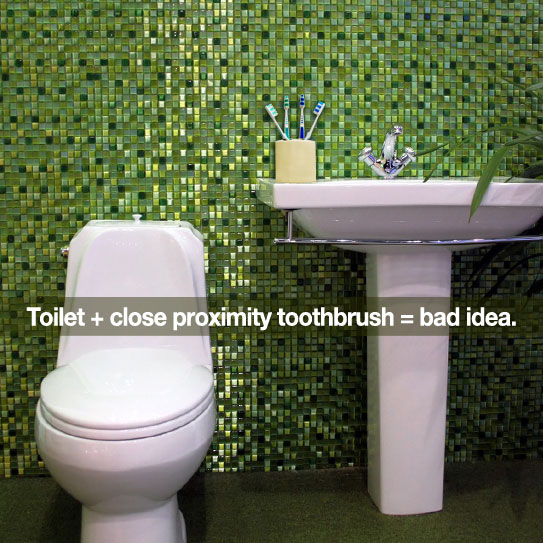
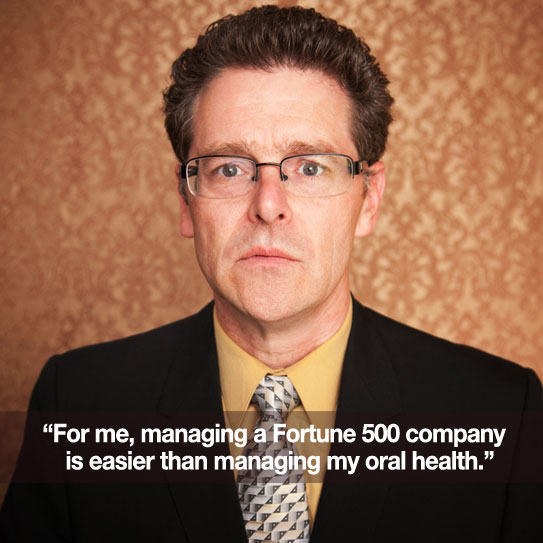
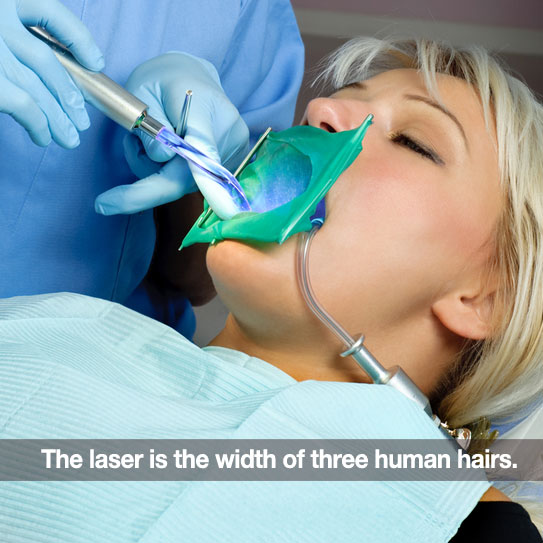


My daughter and I love going to see Dr Aparna Sadineni and her professional staff. We never have to wait and the staff knows us like a second family. I highly recommend this office!